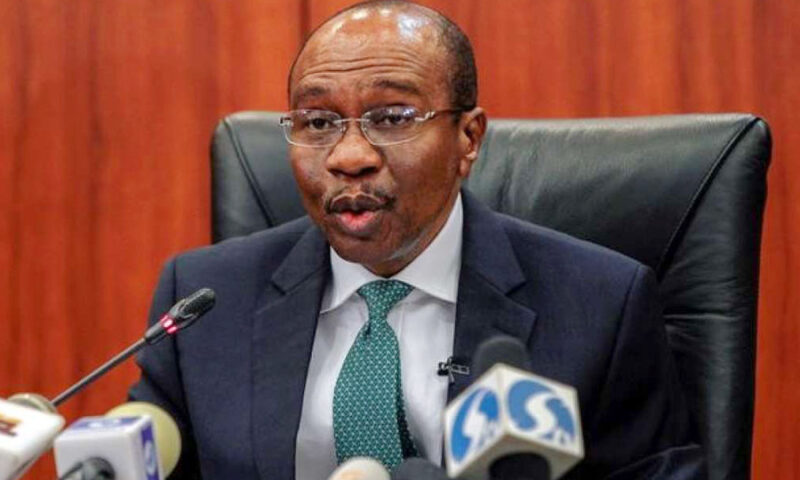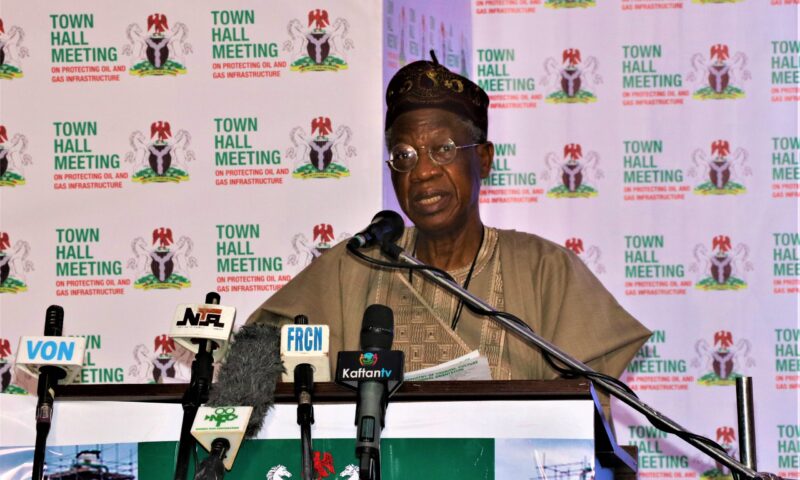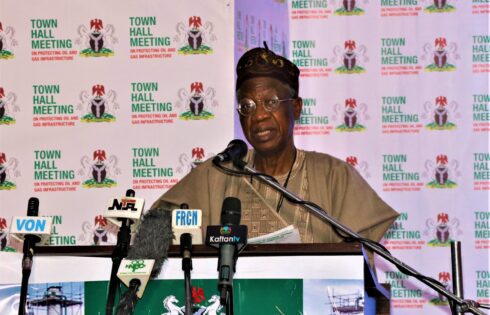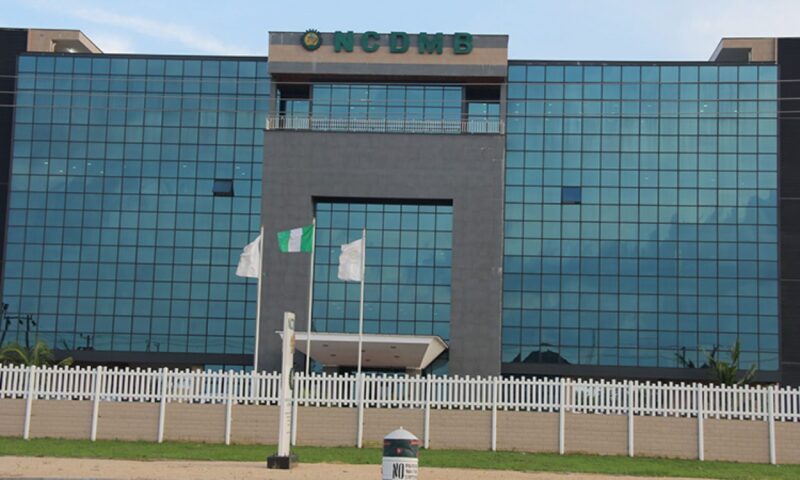Distressed Banks: NDIC Urges Depositors To File Claims

The Nigeria Deposit Insurance Corporation (NDIC),says it established strong structure to meet its obligations of settling depositors who lost money in any closed banks.
Managing Director/Chief Executive Officer NDIC, Mr. Hassan Bello,who disclosed this during a courtesy by the executive members of the Finance Correspondents Association of Nigeria (FICAN) in Abuja,implored such depositors to file their claims through the zonal offices of the corporation in Nigeria
Besides,the NDIC has appointed ten agent banks to help facilitate payment across the nation.
The banks are; First Bank of Nigeria, United Bank of Africa, Zenith Bank, Wema Bank, Heritage Bank, Union Bank, Fidelity Bank, Polaris Bank, Unity Bank and Access/ Diamond Bank.
The corporation also disclosed that the maximum deposit insurance coverage (MDIC) per depositor per bank has progressively increased from ₦50,000.00 at inception in 1989 to its current ₦500,000 per depositor per deposit money bank (DMB).
The insured limit for microfinance banks (MFBs) and primary mortgage banks (PMBs) in 2009 was increased from ₦100,000.00 to ₦200,000.00 per depositor per MFB/PMB in 2010.
Five years ago there was an upward review of the deposit insured limit for depositors of PMBs to ₦500,000.00 in order to ensure coverage of over 90 percent of depositors in that sub sector.
The NDIC further extended deposit insurance coverage to the subscribers of Non-interest banking institutions, under the sharia compliant banking services to the maximum limit of ₦500,000.00 per depositor.
Besides,the corporation had developed framework on Pass-Through Deposit Insurance Scheme (PTDIS) to protect the subscribers of Mobile Money Operators (MMOs) with a maximum insured limit of ₦500,000.00 per subscriber of this banking product.
The corporation has emphasized the need for media support to help in creating the needed awareness and as such has assured that the it will continue to support capacity building initiatives in the Nigerian Media industry, especially in areas covering bank failures and deposit insurance.
Bello said NDIC launched its capacity building workshop for finance correspondents and business editors in 2002 as a veritable means of building capacity in the media industry especially on the workings of deposit insurance system in Nigeria as well as other topical issues in the Nigerian financial services sector.
Ever since the commencement of the capacity building program the symbiotic relationship between NDIC and financial journalists has remained cordial.
He said through this platform, the horizon and knowledge of deposit Insurance of members of FICAN has broadened while the corporation has enjoyed robust and informed reportage of its mandate and activities.
“You have demonstrated such an understanding and support that cannot be quantified. This means the collaboration has been a win, win situation for both NDIC and FICAN. It is on this note that I want to commend your entire membership in particular and the media in general for this wonderful relationship.”
He said the desired level of knowledge of the deposit insurance system in Nigeria among different strata of the banking public has not been achieved, as evidenced by the result of a survey carried out by NDIC in 2019/2020.
This is why he added, the corporation will continue to collaborate with the media in order to Increase this awareness, stressing that there is need for increased collaboration between regulatory agencies and the media.








